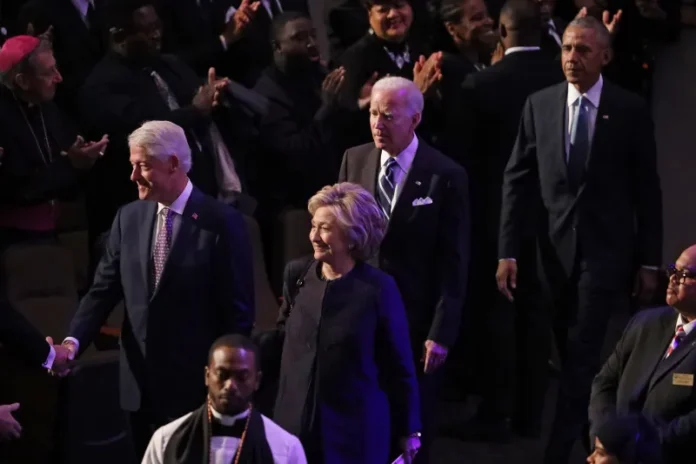Author: Stephen Walt
Affiliation: Harvard’s Kennedy School of Government
Organization/Publisher: Foreign Policy
Date/Place: April 21, 2020/ USA
Type of Literature: Analysis
Word Count: 2093
Link: https://foreignpolicy.com/2020/04/21/theres-no-such-thing-as-good-liberal-hegemony/
Keywords: Liberal Hegemony, Liberal Hegemony Lite, Liberal World Order, Bound to fail, and US Foreign Policy.
Brief:
As one of the most prominent realists in the field of international politics today, Stephen Walt is known for his sharp criticism of the “liberal hegemony” that has led the attempt to establish “a liberal world order” and has dominated US foreign policy since the end of the Cold War, causing – according to him – deep damage to the US Global stand and the world situation as a whole. In this article, Walt asks whether the US attempt to create a liberal global order in the “unipolar moment” was bound to fail from the start. Could a liberal global order have been more feasible than it appears now? Would the “liberal hegemony” approach have worked if American leaders were smarter, less arrogant, more patient, and more fortunate? If the US found itself in a similar position of primacy again, could it learn from its past mistakes and do better the second time around? And given where we are today, does it matter whether a more sophisticated version of liberal hegemony might have succeeded? (Or “Liberal Hegemony Lite,” as he calls it). Walt’s answers to all these questions were not in favor of “liberal hegemony,” and it advocates even if they imagined a return to 1992 fully aware of the mistakes that were committed since that moment and wanted to create a liberal global order while avoiding those mistakes, the US cannot act with something very different from what they did all this time because of many reasons, summed up by Walt’s colleague John Mearsheimer’s argument that liberal hegemony and the liberal international order were destined to fail from the start, as they contained the seeds of their own destruction. Walt emphasizes this issue because there are influential people in political and academic circles still convinced that the attempt to establish a liberal global order led by the United States was the right goal, and that the US only needs to learn from its mistakes and do so again in a better and smarter way in the future, as seen by some political hawks like Eric Edelman and Ray Takeyh and prominent scholars such as G. John Ikenberry, Hal Brands, Peter Feaver, and other advocates for an expanded US role across the world, who would return to the forefront if Biden wins the upcoming elections. After he lists the disastrous mistakes of the liberal hegemony approach adopted by the US and what could have been done instead of those wrong policies (such as the invasion of Iraq, the spread of democracy and regime change, the expansion of NATO toward the east, the opening of world markets without restrictions and gradual steps …) Walt asserts that attempts to embrace a more sophisticated version of the liberal hegemony approach if the United States finds itself in the lead again will not be successful. The very strong, rich, and safe United States will still be unable to carry out some foreign tasks alone, because simply it is beyond its means and outside the limits of its understanding, such as trying to use military force to deeply transform societies into liberal democracies. Moreover, lessons from history may not necessarily help the US determine what to do once history follows a different path, as future American leaders will face a different set of options whose results cannot be known in advance. More importantly, the “liberal hegemony lite” requires a lot of complex social engineering, because the principles that underlie it (democracy, low barriers to trade and investment …) are nearly universal; but we are living in a world where these values are not universally embraced, and democracies were not a majority at all, as millions of people believe that things like security, sovereignty, cultural values, and national autonomy are more important than the values advocated by liberal democracy, which means that trying to get others to embrace democracy requires great pressure that would increase the risk of global political instability. The author concludes that “a liberal hegemony lite” may work slightly better than the framework advanced by the US in the previous period, but it will not be able to achieve the ultimate goal of a global liberal order based on one single rule. Therefore, Walt says Washington needs to leave chasing such idealistic delusions based on the wrong belief that most of mankind shares American values, and that creating a liberal global order will accordingly be an easy thing to do. In exchange, he urges the US to learn from the current state that reminds us always that the pursuit of self-interest sometimes requires our cooperation with other nations to solve global problems.
By: Djallel Khechib, CIGA Senior Research Associate




